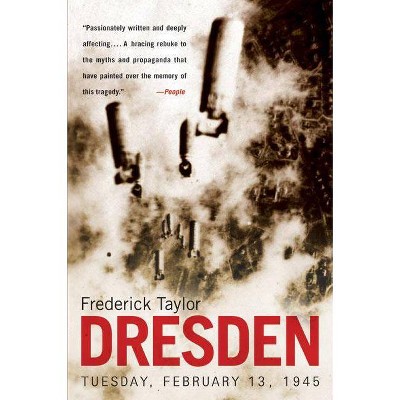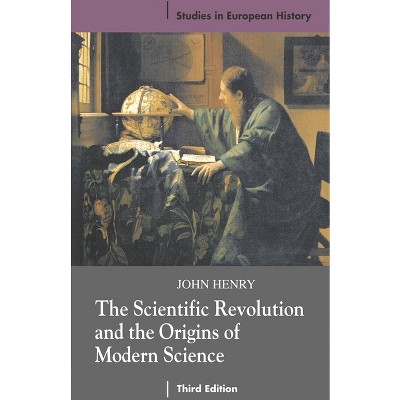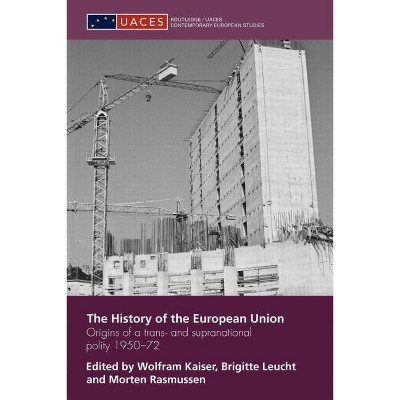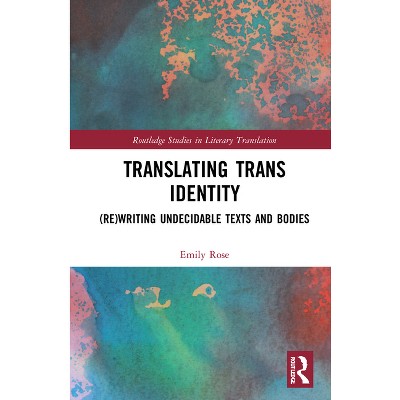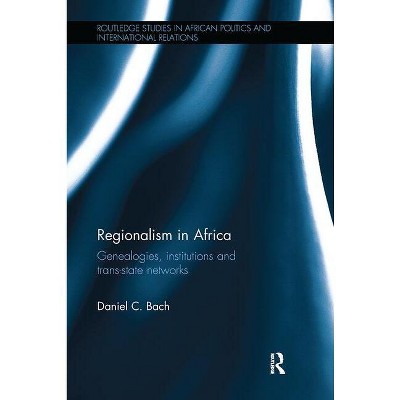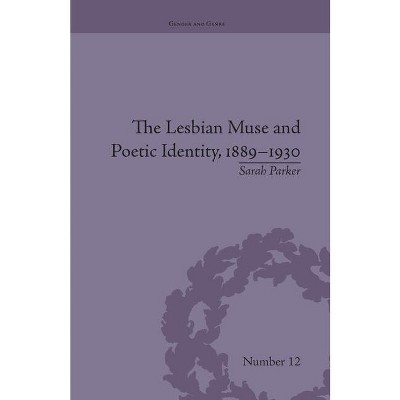Sponsored

History, Memory, and Trans-European Identity - (Routledge Studies in Modern European History) by Aline Sierp (Hardcover)
In Stock
Sponsored
About this item
Highlights
- This book questions the presupposition voiced by many historians and political scientists that political experiences in Europe continue to be interpreted in terms of national history, and that a European community of remembrance still does not exist.
- About the Author: Aline Sierp is currently Lecturer in European Studies at Maastricht University.
- 192 Pages
- History, Europe
- Series Name: Routledge Studies in Modern European History
Description
About the Book
This book questions the presupposition voiced by many historians and political scientists that political experiences in Europe continue to be interpreted in terms of national history, and that a European community of remembrance still does not exist. Through the detailed analysis of both the national and the supranational level, it analyses the emergence of a sense of a shared European past that has started to transcend national forms of memory.
Book Synopsis
This book questions the presupposition voiced by many historians and political scientists that political experiences in Europe continue to be interpreted in terms of national history, and that a European community of remembrance still does not exist. Through the detailed analysis of both the national and the supranational level, it analyses the emergence of a sense of a shared European past that has started to transcend national forms of memory.
Review Quotes
"In this comparatively short book the reader will find a good number of central observations and reflections that make reading the book pleasant and stimulating." - Henrik Stenius, University of Helsinki
About the Author
Aline Sierp is currently Lecturer in European Studies at Maastricht University. She holds a Ph.D. in Comparative European Politics and History from the University of Siena. Before joining the University of Maastricht, she worked as researcher at the Dachau Concentration Camp Memorial Site.
